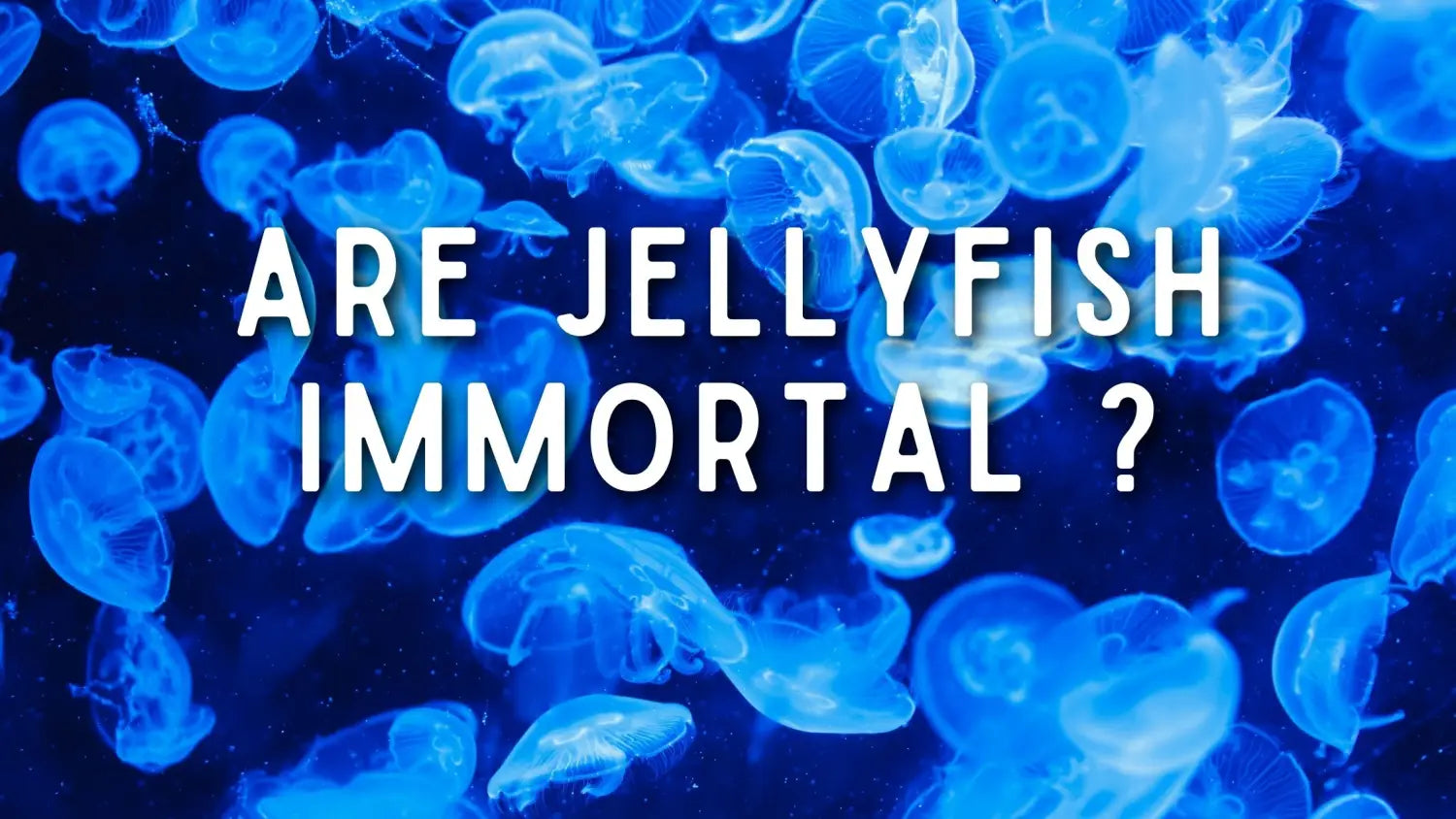Jellyfish are a fascinating and mysterious group of animals that have captivated people for centuries. With their graceful movements and translucent bodies, jellyfish are a mesmerizing sight to behold.
But are jellyfish immortal?
Let's take a closer look at these amazing creatures and explore the myth of their immortality.
Jellyfish Have a Complex Lifecycle
Jellyfish have a complex lifecycle that involves several different stages, including the polyp stage, the ephyra stage, and the medusa stage. During the polyp stage, jellyfish are stationary and resemble small plants, attaching themselves to a surface and reproducing through a process called budding. During the ephyra stage, jellyfish develop into free-swimming creatures with tentacles, and during the medusa stage, they resemble the adult form of a jellyfish.
Jellyfish Can Regenerate Lost Body Parts
Jellyfish are known for their ability to regenerate lost body parts, including their tentacles and even their entire bell-shaped body. This ability to regenerate is thought to be one of the reasons why jellyfish are believed to be immortal.
Some Jellyfish Have Extremely Long Lifespans
While most jellyfish have relatively short lifespans, lasting only a few months or years, some species of jellyfish have extremely long lifespans. For example, the immortal jellyfish (Turritopsis dohrnii) is a species of jellyfish that is capable of reverting back to its juvenile form after reaching sexual maturity, essentially allowing it to live forever.
The Science of Jellyfish Life Cycles
Jellyfish belong to a group of animals known as cnidarians, which also includes coral and sea anemones. One of the most interesting features of cnidarians is their ability to regenerate lost body parts. If a jellyfish is injured, it can regenerate its tentacles or even its entire bell-shaped body.
But regeneration is not the same as immortality. So, do jellyfish have the ability to live forever? The answer is a bit more complicated than a simple yes or no.
The Immortality of Jellyfish Turritopsis dohrnii
There is one species of jellyfish, Turritopsis dohrnii, that has gained a reputation for its potential immortality. This tiny jellyfish, also known as the "immortal jellyfish," has the unique ability to revert back to its juvenile form after reaching sexual maturity.
In other words, when the conditions are right, the immortal jellyfish can essentially turn back the clock and start its life cycle over again. This process is known as transdifferentiation, and it allows the jellyfish to potentially live forever as long as it has access to the right resources and conditions.
The Limitations of Jellyfish Immortality
While the immortal jellyfish may have the potential to live forever, there are still some limitations to its immortality. For one, the jellyfish can only revert back to its juvenile form under certain conditions, such as when it is injured or starving.
Additionally, the immortal jellyfish is not immune to predators or other external threats. If it is eaten or killed by some other means, it will not be able to regenerate and start its life cycle over again.
H2: Do Other Jellyfish Have the Potential for Immortality?
While the immortal jellyfish is the only known species with the ability to revert back to its juvenile form, it's possible that other jellyfish species could have similar capabilities. However, more research is needed to fully understand the life cycles of these fascinating animals and determine whether any other species have the potential for immortality.
Are Jellyfish Immortal ? In conclusion
The immortal jellyfish is the only known species of jellyfish with the potential to live forever through the process of transdifferentiation. However, this immortality is not without its limitations, and it is still unknown whether other jellyfish species have similar capabilities. Regardless of their potential for immortality, jellyfish continue to captivate and intrigue us with their otherworldly beauty and mysterious ways.





















